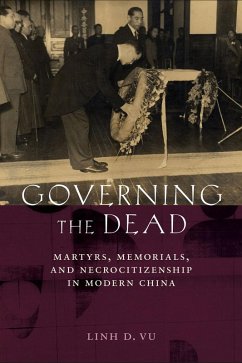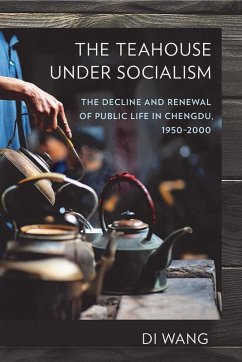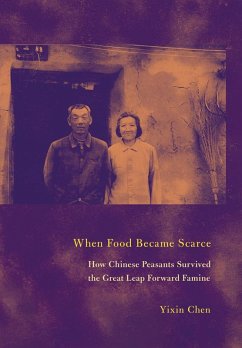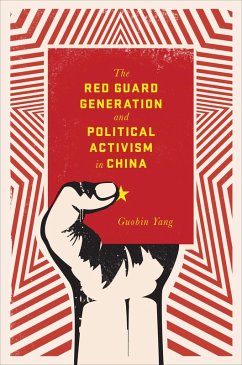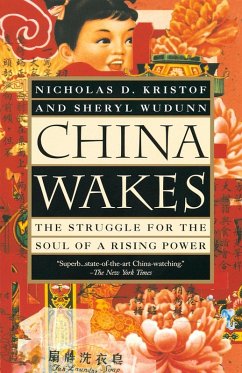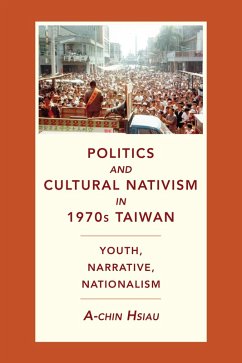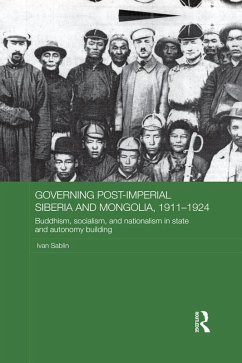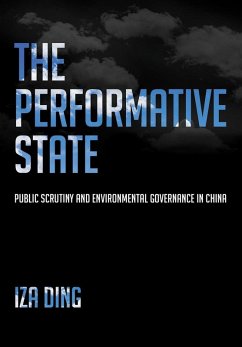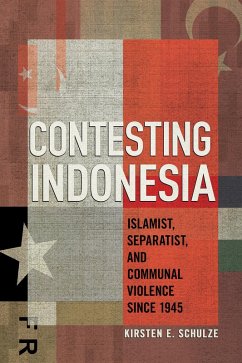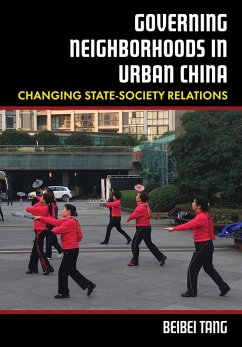
Governing Neighborhoods in Urban China (eBook, ePUB)
Changing State-Society Relations

PAYBACK Punkte
13 °P sammeln!
Governing Neighborhoods in Urban China examines the key mechanisms operating at the grassroots level in China that contribute to urban development and increased public support for the legitimacy and authority of the Chinese state. Beibei Tang uncovers new trends and dynamics of urban neighborhood governance since the 2000s to reveal the significant factors that contribute to regime survival.Tang introduces the concept of hybrid authoritarianism, a governance mechanism an authoritarian state employs to produce governance legitimacy, public support, and regime sustainability. Hybrid authoritaria...
Governing Neighborhoods in Urban China examines the key mechanisms operating at the grassroots level in China that contribute to urban development and increased public support for the legitimacy and authority of the Chinese state. Beibei Tang uncovers new trends and dynamics of urban neighborhood governance since the 2000s to reveal the significant factors that contribute to regime survival.
Tang introduces the concept of hybrid authoritarianism, a governance mechanism an authoritarian state employs to produce governance legitimacy, public support, and regime sustainability. Hybrid authoritarianism is situated in an intermediary governance space between state and society. It accommodates both state and non-state actors, deals with a wide range of governance issues, employs flexible governance strategies, and in this context, ultimately strengthens CCP leadership.
Tang documents processes of hybrid authoritarianism through her focus on various types of urban neighborhoods, including new urban middle-class neighborhoods, and the increasing urbanization of the countryside. Governing Neighborhoods in Urban China provides a conceptual framework that avoids scholarly approaches that tend to reify either one-party autocracy or Western-centric notions of democracy.
Tang introduces the concept of hybrid authoritarianism, a governance mechanism an authoritarian state employs to produce governance legitimacy, public support, and regime sustainability. Hybrid authoritarianism is situated in an intermediary governance space between state and society. It accommodates both state and non-state actors, deals with a wide range of governance issues, employs flexible governance strategies, and in this context, ultimately strengthens CCP leadership.
Tang documents processes of hybrid authoritarianism through her focus on various types of urban neighborhoods, including new urban middle-class neighborhoods, and the increasing urbanization of the countryside. Governing Neighborhoods in Urban China provides a conceptual framework that avoids scholarly approaches that tend to reify either one-party autocracy or Western-centric notions of democracy.
Dieser Download kann aus rechtlichen Gründen nur mit Rechnungsadresse in A, D ausgeliefert werden.




